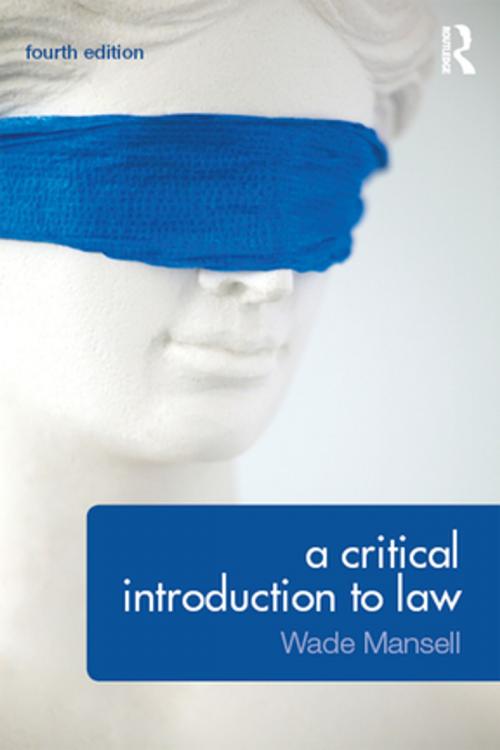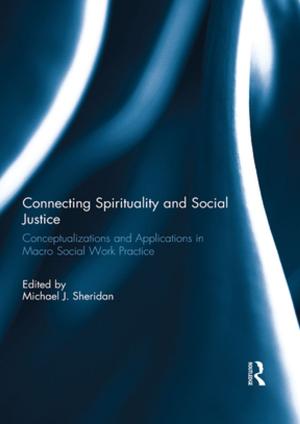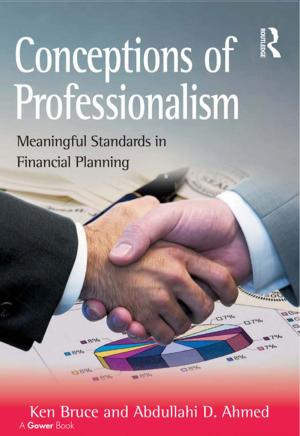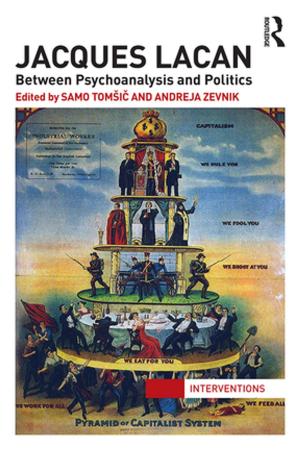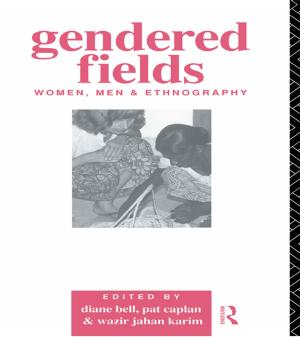| Author: | Wade Mansell, Belinda Meteyard, Alan Thomson | ISBN: | 9781317683599 |
| Publisher: | Taylor and Francis | Publication: | June 26, 2015 |
| Imprint: | Routledge | Language: | English |
| Author: | Wade Mansell, Belinda Meteyard, Alan Thomson |
| ISBN: | 9781317683599 |
| Publisher: | Taylor and Francis |
| Publication: | June 26, 2015 |
| Imprint: | Routledge |
| Language: | English |
Challenging the usual introductions to the study of law, A Critical Introduction to Law argues that law is inherently political and reflects the interests of the few even while presenting itself as neutral.
This fully revised and updated fourth edition provides contemporary examples to demonstrate the relevance of these arguments in the twenty-first century. The book includes an analysis of the common sense of law; the use of anthropological examples to gain external perspectives of our use and understanding of law; a consideration of central legal concepts, such as order, rules, property, dispute resolution, legitimation and the rule of law; an examination of the role of law in women's subordination and finally a critique of the effect of our understanding of law upon the wider world.
Clearly written and admirably suited to provoking discussions on the role of law in our contemporary world, this book is ideal for undergraduate and postgraduate students reading law, and will be of interest to those studying legal systems and skills courses, jurisprudence courses, and law and society.
Challenging the usual introductions to the study of law, A Critical Introduction to Law argues that law is inherently political and reflects the interests of the few even while presenting itself as neutral.
This fully revised and updated fourth edition provides contemporary examples to demonstrate the relevance of these arguments in the twenty-first century. The book includes an analysis of the common sense of law; the use of anthropological examples to gain external perspectives of our use and understanding of law; a consideration of central legal concepts, such as order, rules, property, dispute resolution, legitimation and the rule of law; an examination of the role of law in women's subordination and finally a critique of the effect of our understanding of law upon the wider world.
Clearly written and admirably suited to provoking discussions on the role of law in our contemporary world, this book is ideal for undergraduate and postgraduate students reading law, and will be of interest to those studying legal systems and skills courses, jurisprudence courses, and law and society.
